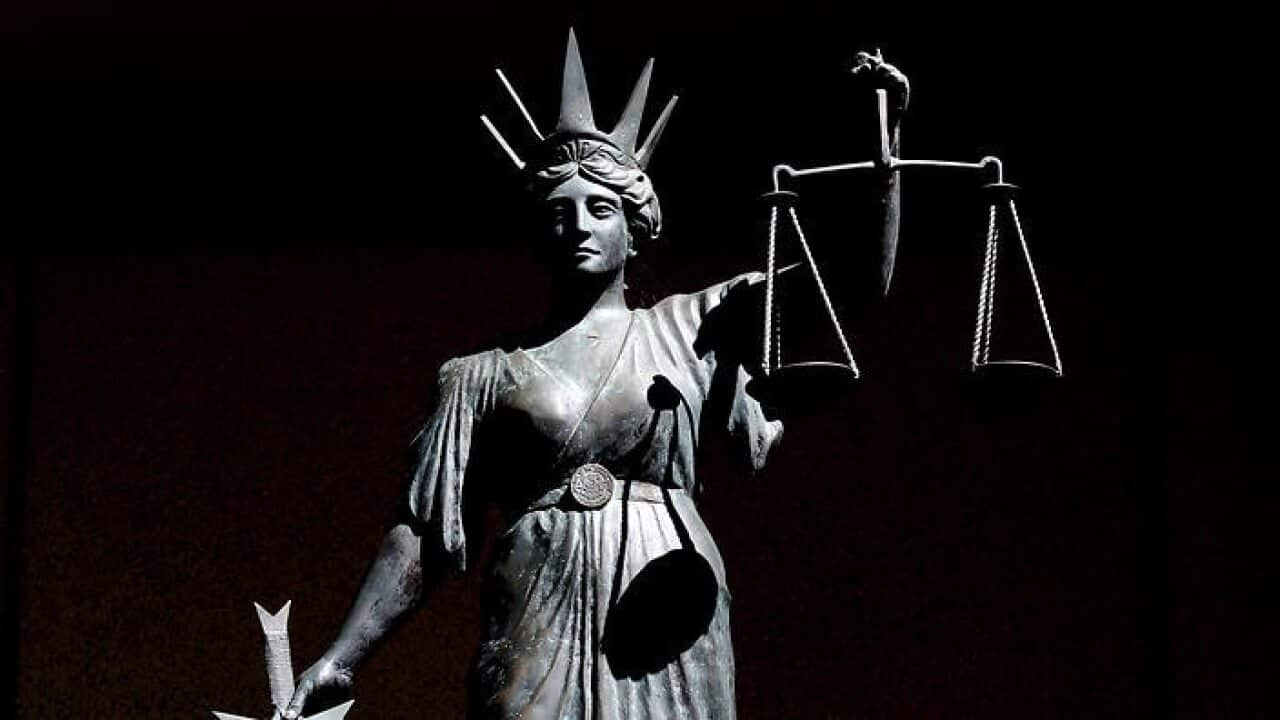It was early January when Asifa Bano followed a man into the forest while grazing ponies. Days later, her dead body was found.
According to the police documents filed in court, 8-year-old Asifa was kidnapped and locked up in a temple shed in Kathua in the Indian state of Jammu and Kashmir.
Police claimed she was reportedly given sedatives for three days and repeatedly raped by several men, including two policemen, in the temple before she was bludgeoned to death. The court was also told that the killer waited as one of the accused policemen insisted on raping Asifa one final time before she was taken into the forest and killed.
Asifa belonged to the Muslim Bakrwal community, a nomadic tribe that grazes animals for a living. The accused reportedly told the investigators their motive was to force her community to leave the area.
Asifa’s father, Mohammad Yusuf Pujwala, said he also believed the motive behind his daughter’s murder was to drive his community out.
Police arrested a total of eight people in connection with the crime, including four police officers - two of whom are accused of trying to cover up the crime and shield the accused in exchange of Rs 400,000 ($8,000). One of the accused is said to be juvenile.
The charges against the eight were filed after the investigation was handed over to the crime branch of Jammu and Kashmir police.
The incident has exacerbated communal tension between Hindus and Muslims, with the ruling Bharatiya Janata Party (BJP) staging a protest demonstration in support of the accused. A group of lawyers also tried to stop police from entering the court to file the charges against the arrested men, demanding an investigation by India’s Central Bureau of Investigation.
READ MORE

India gripped in rape crisis again
They said Muslim nomads were trying to alter the demographics of Jammu, where Hindus are currently the majority.
"They are encroaching our forests and water resources," Ankur Sharma, a protesting lawyer told the BBC. He said the accused had been falsely implicated while the real culprits were still free.
Take-away from #IndiaMarchForJustice - @RahulGandhi stole a march over the BJP by hitting the road. If the citizens join in to sustain the movement, could be a defining moment before 2019 #JusticeforAsifa pic.twitter.com/vexpRpnMSv — Niha Masih (@NihaMasih) April 12, 2018
Asifa’s murder has sparked protests elsewhere in India. A large gathering of protesters held a demonstration in New Delhi on Thursday in which Rahul Gandhi, the leader of India’s main opposition Congress Party, also participated.
Ordinary Indians, together with celebrities, have expressed their outrage on social media over the incident that's reminiscent of the 2012 Delhi gangrape of a medical student.
India changed its rape laws after the 2012 Delhi gang rape in which a female medical student was raped and murdered in a moving bus. The changes included more stringent sentences for sexual crimes against minor victims and lowering the age of criminal responsibility for serious rape crimes to 16.
After Asifa's murder, Chief Minister of Jammu & Kashmir, Mehbooba Mufti, is now calling for a change in the law to create a provision of a death sentence for those raping children.



